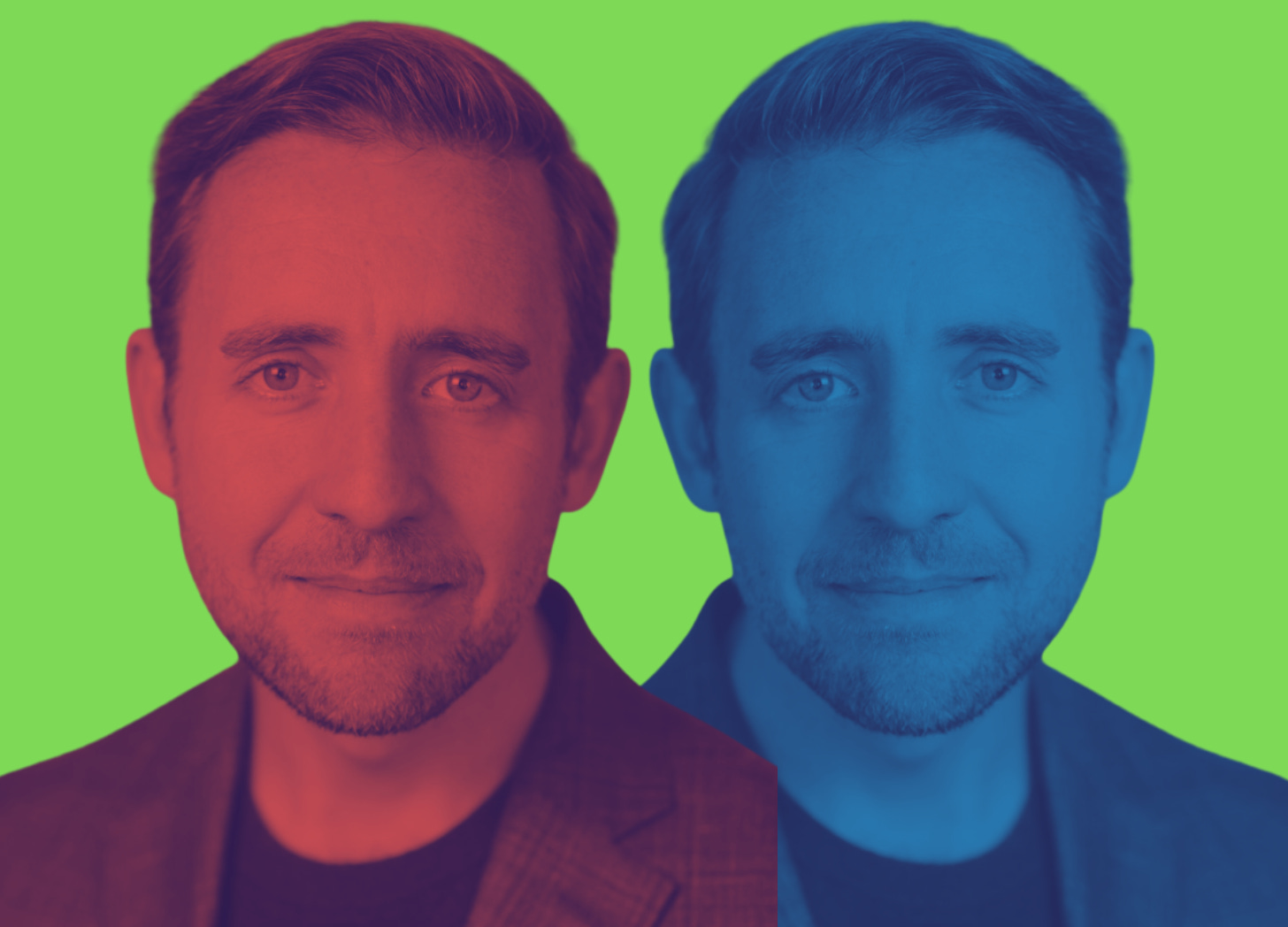The Moral Weight of Trust
When to Trust and When to Walk Away: Digital Ethics with Chris McClean
This week on Deep Pockets, I sat down with Chris McClean, Avanade’s Global Lead for Digital Ethics, to talk about something we all think we understand, but maybe we actually don’t: trust.
Chris has one of those résumés that makes you sit up straighter; marketing, risk management, corporate social responsibility, a master’s in business ethics, and now he is finalizing his PhD on the risks and benefits of trust. He spends his days making sure AI systems (and the people behind them) act responsibly.
When I asked him “Why should we trust you?” his answer was as humble as it was revealing. Trust, he said, isn’t something you can demand, it’s something others grant based on how you’ve behaved and the power you hold over their lives (much like brands, actually. Companies don’t own their brands, consumers do). So, by inviting him on my podcast, I’d already endorsed him, and in doing so, I might have made you more vulnerable. No pressure.
Trust, Power, and Vulnerability
Chris defines trust as this widespread force that prevails us in all aspects of our lives. Trust is a stance: believing someone will be a good steward of the power you’ve given them. That power could be as simple as house-sitting or as complex as running a government or managing an AI system that decides who gets a job.
Trust enables us to achieve things we can’t do alone but it also makes us vulnerable. And sometimes, it doesn’t just put us at risk; it can put others at risk if the person or system we’ve trusted misuses their power.
Why Distrust Might Be Healthy
We also talked about the Edelman Trust Barometer, which this year says we’ve moved from fear to polarization to grievance, a sense that most of us are being treated unfairly. Chris’s take? Declining trust isn’t automatically bad news. If those in power are acting irresponsibly, then distrust is not only natural, it’s necessary.
Instead of just asking “How do we rebuild trust?” Chris wants us to ask “Are the people and institutions we trust using their power responsibly? And if not, how do we hold them accountable?”
The Culture Behind Ethical AI
When we shifted to technology, Chris explained that digital ethics means making values-based decisions throughout a technology’s life from concept to retirement. AI makes this tricky because it evolves so fast.
You can’t automate responsibility, Chris says. You need a culture where people - designers, developers, decision-makers - understand the risks, benefits, and real-world impact of the systems they create and use.
Reasons to Stay Hopeful
Despite the risks, Chris is optimistic. Most technologists he meets want to do the right thing. The challenge is giving them the awareness and incentives to make ethical choices, even when deadlines are tight and market pressures loom.
By the end of our conversation, I realized trust isn’t a warm, fuzzy feeling. Instead, it’s a power relationship we need to examine constantly. Whether we’re dealing with governments, corporations, or algorithms, the same questions apply: Who has the power? How are they using it? And are we right to keep trusting them?
Listen to the episode on any podcast platform (also please subscribe, like and share - very grateful), or stream here:
Get in Touch
Our team of U.S. and EU based advisors cover a wide range of expertise in the intersection of government and innovation, including deeptech strategy creation, innovation based economic development and foreign direct investment, technology reports, product white papers, market reports and more. Email petra at petrasoderling.com
Upcoming events
I will be in Luxembourg most of September, October, November 2025.
I will be at EQTC in Copenhagen on November 11-13th.
I will be on Deep Pockets podcast every second week (-ish).
From the Archives
Government and Innovation: The Economic Developer's Guide to Our Future - PAPERBACK, HARDCOVER
My book from 2023 discussing how local, regional, and national governments can use existing instruments to steer their economies to include more innovative industries that provide higher economic value-add.
Government and Innovation: The Economic Developer's Guide to Our Future - AUDIOBOOK
FREE chapter “Section 1: Tools - How governments drive Innovation”
Audiobook narrated by author available at Audible
Aug 9, 2024 Deep Pockets
The EU's Artificial Intelligence Act came into force August 1, 2024. This is the most comprehensive legislation on the topic. What does it entail, who is affected, how to comply? Meeri Haataja, CEO and Co-Founder of Saidot is one of Europe’s leading experts on AI governance. This episode discusses policy, innovation, social impact, and human interest stories of one humanity’s most disruptive modern technology.
From Apr 6, 2023
Our modern society may need more cyber security experts than soldiers. What do you think of this sentence? Thought-provoking? Today's guest, the multitalented Danika Hannon, gives us the lay of the land of the fascinating world of cyber security, where AI and quantum are adding new layers of challenges. Even though the cyber security industry is increasingly critically important to individuals, companies, and societies, it is in a serious shortage of skilled professionals.




